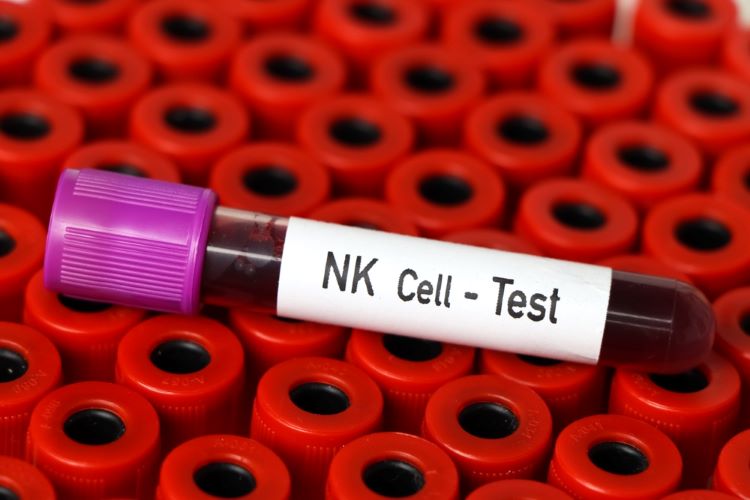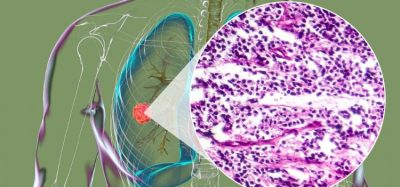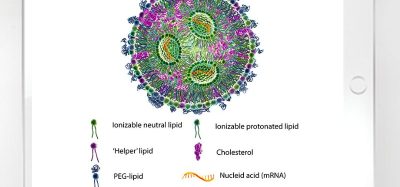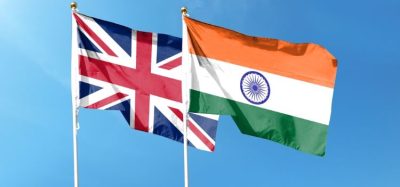Long-term findings from CAR NK cell therapy trial revealed
Posted: 18 January 2024 | Catherine Eckford (European Pharmaceutical Review) | No comments yet
One-year results from a cancer therapy trial has reported key findings for the selection criteria for allogeneic cord blood donors in CAR NK cell manufacturing.


US researchers have reported promising outcomes from a Phase I/II trial in cancer patients treated with cord blood-derived CD19-targeted chimeric antigen receptor (CAR) natural killer (NK) cell therapy.
Published in Nature Medicine, the findings revealed an overall response (OR) rate of 48.6 percent at 100 days post treatment. The one-year progression-free survival (PFS) and overall survival (OS) rates were reported to be 32 percent and 68 percent, respectively, in patients with relapsed or refractory B-cell malignancies.
Key manufacturing insights
Facilitating optimal cell therapy outcomes
“In order to have a successful allogeneic cell therapy, it is also critical that we identify the characteristics of an optimal allogeneic donor for CAR NK manufacturing,” explained senior author Dr Katy Rezvani, PhD, professor of Stem Cell Transplantation & Cellular Therapy at the University of Texas M. D. Anderson Cancer Center.
Positively, the research highlighted key findings when it came the selection criteria for allogeneic cord blood donors in CAR NK cell manufacturing.
For the trial, cord blood units that were cryopreserved within 24 hours of collection and those with a low nucleated red blood cell content were associated with markedly better outcomes, according to the data.
For instance, “CAR NK cells generated from these units resulted in a one-year PFS rate of 69 percent and an overall survival rate of 94 percent. This was compared to five percent and 48 percent, respectively, from those units with higher nucleated red blood cell content or longer collection-to-cryopreservation times.”
Further clinical findings
The study also noted “encouraging response rates” across a range of different B-cell malignancies.
At 30 days post treatment, the overall response rate was 100 percent for patients with low-grade non-Hodgkin lymphoma (NHL). This rate was 67 percent in chronic lymphocytic leukaemia (CLL) without transformation and 41 percent in patients with diffuse large B-cell lymphoma (DLBCL).
According to the researchers, durable responses in patients treated with the CAR NK cell treatment were seen in:
- Eight three percent of patients with low grade-NHL had complete responses, one year after treatment
- Fifty percent of patients with CLL and 29 percent of patients with DLBCL
- Patients with a response at 30 days post treatment were significantly more likely to have progression-free survival at one-year after treatment.
Lastly, the team stated that the trial had an “excellent safety profile”. No cases of severe cytokine release syndrome (CRS), neurotoxicity, or graft-versus-host disease were reported.
“Our study stresses the importance of identifying donor-specific predictors of response after allogeneic cell therapy, especially since one donor may be used to treat hundreds of patients. CAR NK cells have the potential to be manufactured in advance and stored for off-the-shelf immediate use,” Dr Rezvani commented. “This could potentially increase patient access to these cell therapies, reduce treatment time and lower cost of therapy.”
Related topics
Anti-Cancer Therapeutics, Big Pharma, Biopharmaceuticals, Clinical Development, Drug Development, Drug Manufacturing, Industry Insight, Manufacturing, Research & Development (R&D), Technology, Therapeutics
Related organisations
Related drugs
Related people
Related diseases & conditions
Cancer, Chronic lymphocytic leukaemia (CLL), diffuse large B-cell lymphoma (DLBCL), non-Hodgkin lymphoma









